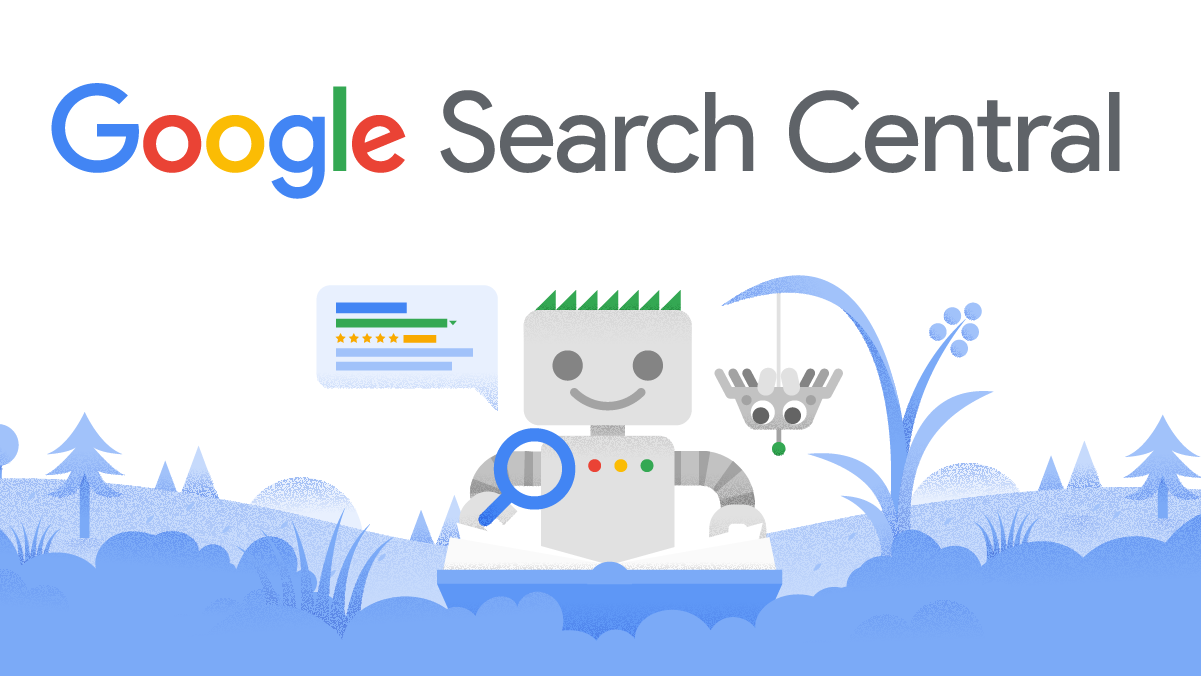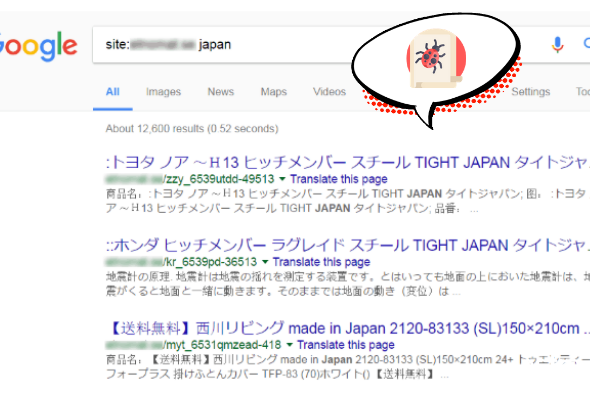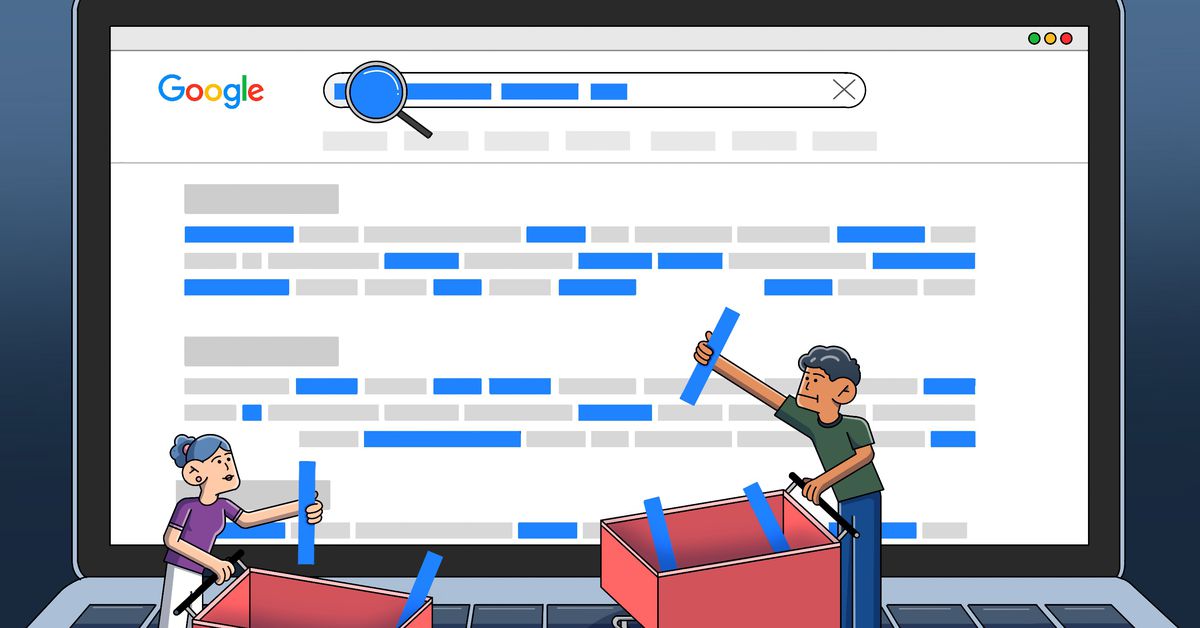How SEO is Contributing to Web Text Junk and How AI Could Make it Worse
SEO or Search Engine Optimization is the practice of optimizing web pages so that they appear at the top of search engine results when people enter specific search queries. While SEO is essential for businesses, as it can significantly impact their visibility and sales, it has also led to some negative consequences, namely, web text junk. Web text junk refers to pages that are stuffed with irrelevant keywords and poor-quality content, created to trick search engines into giving them higher rankings.
The Problem of Web Text Junk

Despite Google’s efforts to weed out bad content, web text junk remains a significant problem. Some websites continue to generate irrelevant content filled with repetitive keywords to rank higher in search engines. While human-generated content can be of high quality, cheaper, spammy AI-generated content can flood the web and make the problem of junk text even worse.
The Problem with AI-Generated Content
While AI-generated text can be quite impressive, experts warn that these tools could be used to generate endless blogs, websites, and spam content, which could be challenging for search engines to distinguish from genuine content. Unlike human-generated content, AI-generated text has very little correspondence to the real world, making it the information equivalent of empty calories.
Gaming Google
AI-generated text could be used to target Google, tricking the search engine into ranking fake content higher than legitimate content. For example, an AI-generated blog that seems credible on the surface could misuse real people, magazines, and even Instagram filters that don’t exist. Major search engines could find it hard to distinguish between legitimate and AI-generated content, which can be detrimental to user experience.
The Role of AI Text Generation in SEO
Even though content marketing agency Fractl claims not to use AI to generate their posts, other businesses may not refrain from doing so. Cheap AI text generators can create a “tsunami” of spam and bad content, making it more challenging than ever to distinguish between genuine content and fake content.
The Impact of AI on SEO

SEO experts believe that AI could have a significant impact on SEO in various ways. For starters, webmasters may use AI to identify trends and topics to create targeted content, and SEO professionals could use AI-generated text to create quick content at an affordable cost. However, AI could also lead to a proliferation of low-quality, irrelevant content that could harm user experience and put real businesses at a disadvantage.
The Cat and Mouse Game
The history of SEO has been a struggle between unscrupulous players looking for shortcuts and gatekeepers like Google that try to maintain standards. For instance, the “article spinning” trend that started 10 to 15 years ago used automated tools to rewrite existing content, creating fake and spammy blogs. Google reacted to this trend by rolling out new filters and metrics that weeded out those blogs gradually.
The Future of SEO
The advent of AI text generators signifies a seismic shift in the SEO industry as it allows content creation at unlimited scales. The future of SEO will depend on businesses’ ability to leverage AI while creating user-centered, high-quality content. Nevertheless, there is a danger of low-quality content being flooded in the market, making it tough to separate the wheat from the chaff.
Conclusion

SEO has come a long way, and the emergence of AI has made it more challenging to differentiate quality content from spammy one. The future of SEO will be about creating user-centered, high-quality content that is optimized for search engines and not simply generating text for the sake of filling web pages.
FAQ

Q1. What is SEO?
SEO stands for Search Engine Optimization, a digital marketing practice aimed at improving the visibility of web pages and websites in search engine results.
Q2. How do AI text generators work?
AI text generators use machine learning algorithms to create content based on the input provided to them. They generate text that sounds like it was written by a human but can be infinitely complex and filled with irrelevant information.
Q3. Is AI-generated content illegal?
While AI-generated content is not illegal, it may violate copyright laws, especially if the text is copied from other websites. It may also be subjected to ethical considerations, especially if someone uses it to publish fake news or misrepresent information.
Q4. What is web text junk?
Web text junk is a term used to describe low-quality content created solely to trick search engines into ranking websites higher in search engine results. It often uses repetitive and irrelevant keywords that flood the web, making it hard to find useful and high-quality content.
Q5. Can AI-generated content replace human-generated content?
While AI-generated content can be used to create quick and affordable content, it cannot replace human-generated content entirely. High-quality content that is user-centered and provides value to the reader requires context, emotion, and storytelling abilities that AI-generated text cannot replicate.

